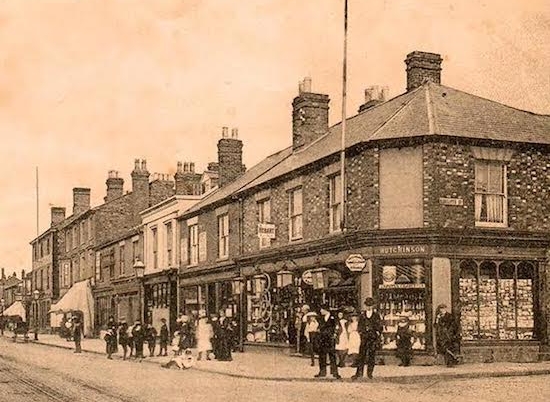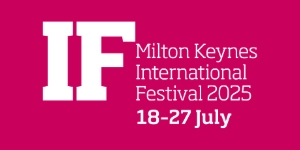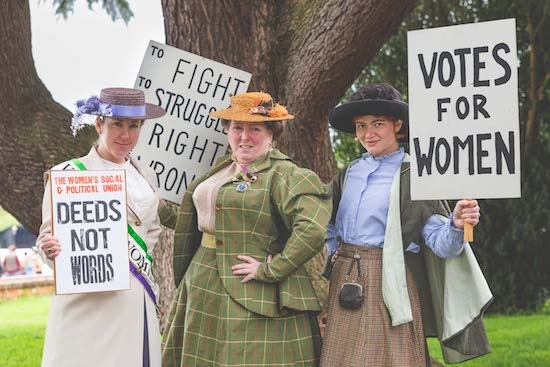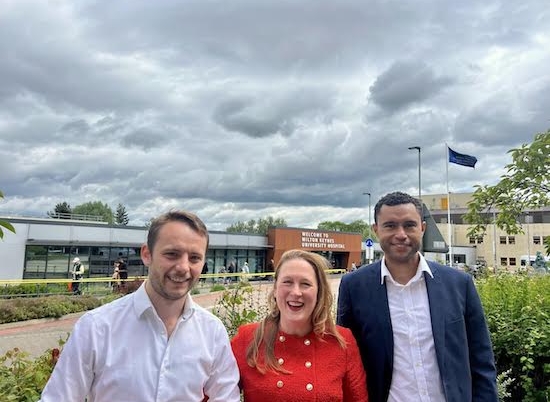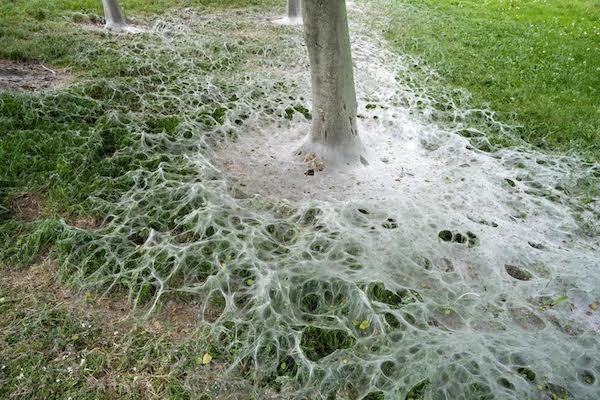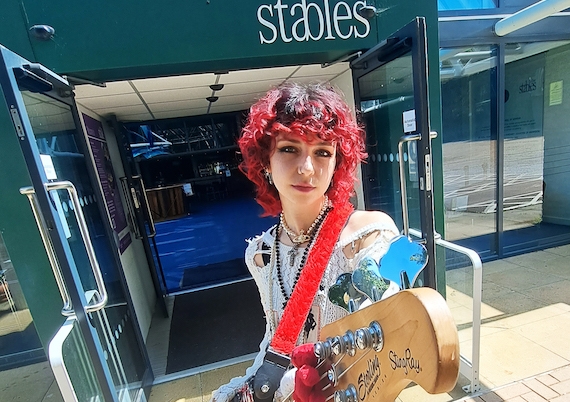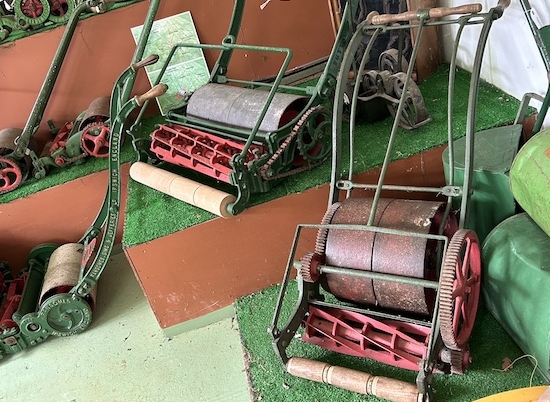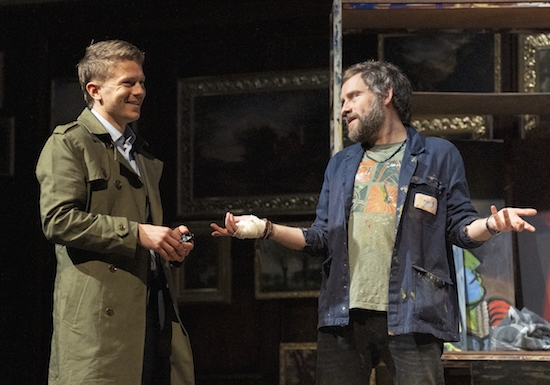Victorian England was not without colour and sensation.
In the pages of Pure Republic by Bryan Dunleavy you can find stories about a station master who scandalised the public by having an extra-marital affair, a man from Loughton, completely naked and armed with a poker, who threatened to slay the monster, a steam engine that was coming towards him, and a bastard descendant of Napoleon Buonaparte who made his appearance as the manager of the Wolverton and Stony Stratford Tram Company.
Those who may have seen the recent film about the balloonists Coxwell and Glasier will be interested to learn that they once set off on their experimental flights from Wolverton. The event was attended by such luminaries as the great scientist Michael Faraday and the explorer John Hannay Speke.
The book describes the history of Wolverton and its surrounding communities from the opening of the railway in 1838 to the outbreak of war in 1914. During those years the town grew from a scattered village to an urban community which was the largest in Buckinghamshire next to High Wycombe. Stony Stratford expanded and a satellite town was founded at New Bradwell in the 1850s.
The railway works at Wolverton steadily grew and by the end of the century employed over 5,000. Facilities for education and recreation accompanied the growth of the district’s population. Yardley Gobion accommodated the workhouse for the district.
Follow Total MK on Facebook: here and twitter here for breaking news in Milton Keynes
Stony Stratford took on a vicar, William Sankey, in 1859 whose wife was independently wealthy and he used that money to build New Street, St Paul’s School and a new vicarage for his own comfort. There were also some turbulent priests. O.P. Henly, who came to St Giles in 1895, wished to steer his congregation towards the Roman Catholic rites. They were having none of it and the issue was only resolved when the bishop sacked Henly.
Equally controversial was the Reverend Newman Guest of New Bradwell who caused a national sensation by declaring that all marriages that had been conducted in St James for the previous 50 years were illegal, as the parish licence to marry was held by the redundant church of St Peter in Stantonbury.
There was great consternation among New Bradwell families but fortunately the bishop was able to bring some good sense to the matter by arranging for retrospective legislation to legalise the marriages.
This volume closes with the passing of the Edwardian age and the outbreak of World War I. George Barber established his Picture Palace in 1911 and another cinema at Fenny Stratford in the same year. The motor car brought changes to the courtyards of the roadside inns along the Watling Street. The twentieth century had arrived.
Pure Republic is the second volume in a planned series. Manor and Town is the first volume. It is published by Magic Flute Publishing Ltd. and is available from Waterstones in Milton Keynes, Amazon and online at magicflutepublications.co.uk


